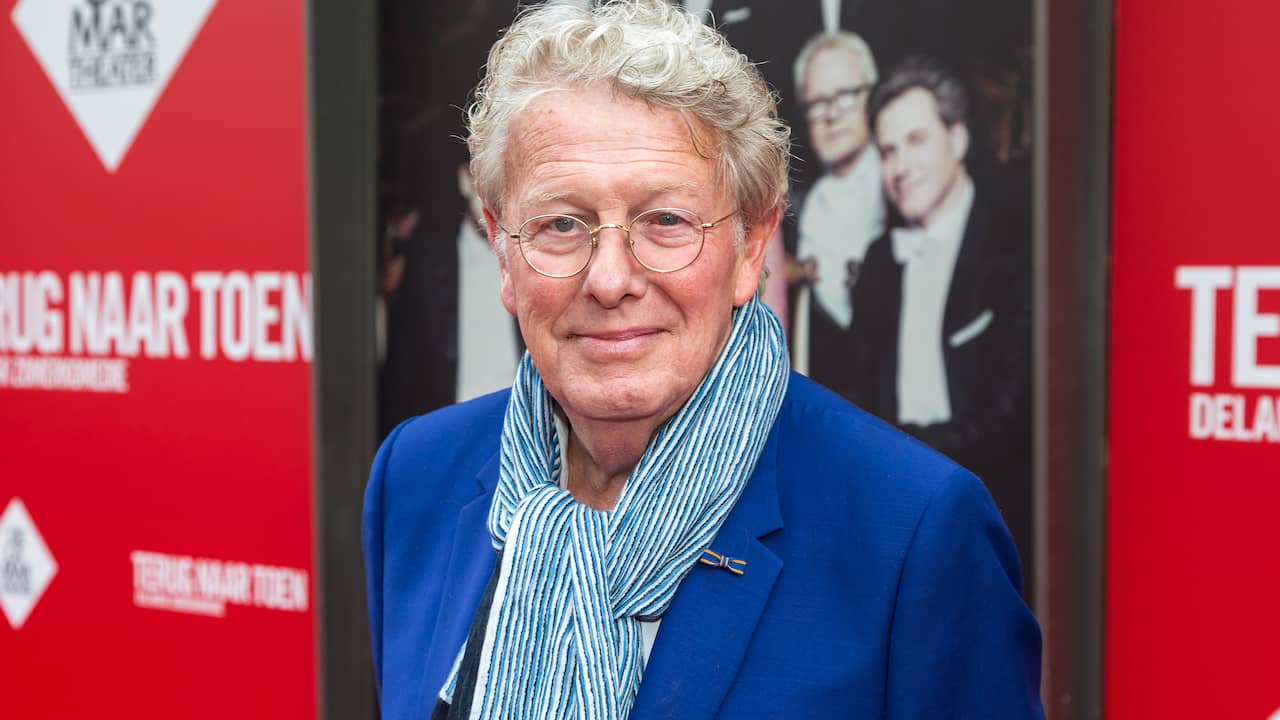They booked a room for 1000 dollars the same morning, and went down for one night at the prestigious Pierre hotel, two hours by car from their home: John Farrell and his wife are part of a new local clientele including large hotels. New Yorkers must be content with the pandemic after years of boom.
• Read also: New York wants to reconfine nine neighborhoods
• Read also: Trump “is doing very well”, but concerns remain
Finished the jet set, the mixture of languages from around the world or the ballets of yellow taxis and limousines in front of this hotel facing Central Park, famous for its gala evenings or its suites which have hosted Audrey Hepburn, Elizabeth Taylor or, more recently, Lady Gaga and the film heroines Ocean’s 8.
After six months of closure and the end of tourism and business travel, this gem taken over in 2005 by the Indian group Taj, reopened in mid-September but is only a shadow of itself.
“It’s like in the streets, it lacks animation, it lacks people,” says John Farrell, 38, a construction entrepreneur who came from the great New York suburbs with his wife.
Usually hotels are full in this season, despite an average price of $ 300 a night.
“It starts at the end of August with the US Open, then the UN General Assembly, every conceivable convention, fundraising galas, fall weddings, then Thanksgiving, Christmas and New Years. .. It’s non-stop ”, emphasizes François-Olivier Luiggi, manager of this hotel with 189 rooms and 80 apartments belonging to wealthy individuals.
In addition to foreign tourists, who represented nearly a quarter of pre-pandemic visitors, American tourists are also virtually banned: New York has been obliging since June any visitor arriving from states where the COVID positivity rate exceeds 10% – around thirty ‘States currently – to self-isolate for 14 days.
Instead of coming by plane, from Europe or California, it’s time to vacation near home, staycation: Customers now arrive by car, for short stays of 24 or 48 hours, often to see relatives, explains Mr. Luiggi.
Despite omnipresent distancing and disinfection measures, the hotel is capped at around 25% filling, with more than half of the 400 employees unemployed, he says, without despairing: “Le Pierre has been around for 90 years, it will be still there in 90 years ”.
Not all establishments can say the same.
Despite a boost from the federal government, including through loans for small businesses, some 200 of New York’s 700 hotels are currently closed.
Nearly 140 only run by welcoming caregivers and people exposed to the virus who cannot isolate themselves at home, or homeless people whose reception centers have closed with the pandemic, underlines Vijay Dandapani, president of the Hotel New York Association, which represents some 300 hotel establishments.
Those reserved for “real” visitors are only 10% full on average, he said, and some 25,000 employees in the sector are unemployed.
While in Europe, hotels “can benefit from a bit of an upturn in intra-European tourism, we have nothing,” he says.
Some have definitely thrown in the towel, like the famous Times Square Hilton, which had 478 rooms.
The fall is brutal for the “Big Apple” which had seen, in recent years, hotels sprout like mushrooms, in Manhattan but also in the neighborhoods near Brooklyn and Queens.
With an annual number of tourists flying from record to record to exceed 65 million in 2018, the investment was tempting. And the city found its account, touching last year $ 3.1 billion in taxes paid by the sector, according to Mr. Dandapani.
The supply of rooms had increased so much over the past 10 years that “the New York hotel market was beginning to show signs of slowing down” before the pandemic, said Ramya Murali, hotel industry analyst at Deloitte.
New York was “the first market to undergo substantial containment measures”, and local authorities are “conservative on reopening”, making the city “a market closed to travelers for the longest period”, underlines t -she.
“People like us need to come and spend money, it will help,” positive John Farrell.
For their brief stay in New York City, he and his wife were planning on shopping, dining on the terrace – more than 10,000 have opened in New York City since the pandemic – and, failing Broadway shows, “to go smoke a joint in Central.” Park ”.
– .


